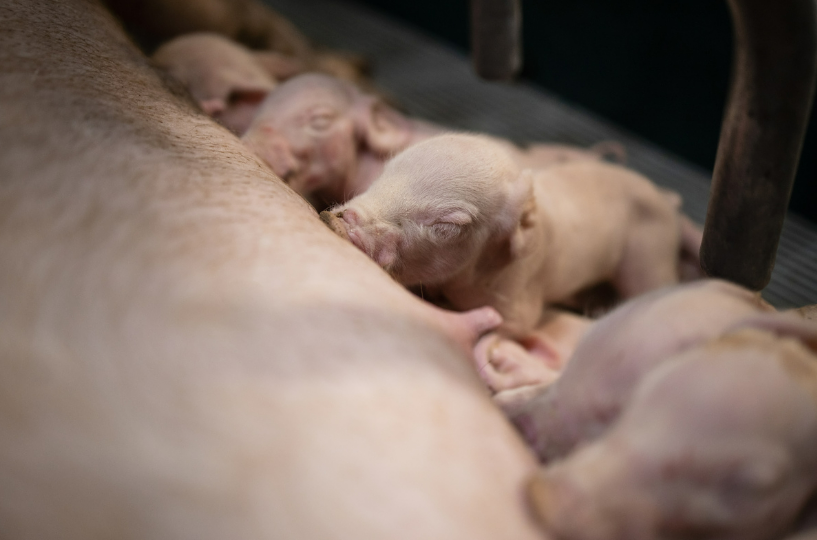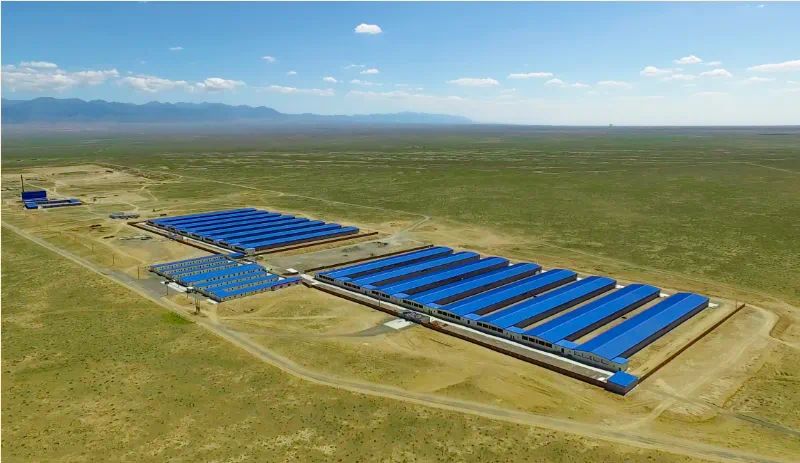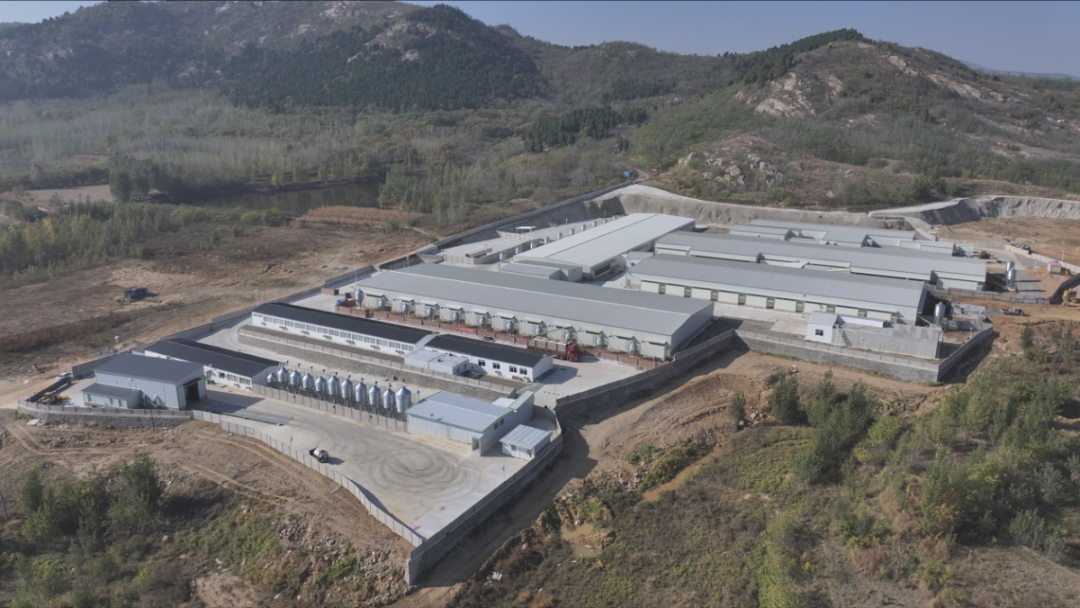China’s Ministry of Agriculture and Rural Affairs (MARA) is tightening financial oversight in the pig industry to address rising debt levels among major pork producers. Measures include risk warnings, financial assessments, and production control to stabilize the market. MARA has lowered the national breeding sow target from 41 million to 39 million head to boost profitability. In 2024, China’s pig slaughter volume fell by 3.3%, with cautious growth expected in 2025 as the government prioritizes financial stability and efficiency.
China’s Ministry of Agriculture and Rural Affairs (MARA) is stepping up financial oversight in the country’s pig industry amid rising concerns over mounting debt among major pork producers. Huang Baoxu, director of MARA’s Bureau of Animal Husbandry and Veterinary, highlighted the need to monitor financial risks, particularly for companies with high debt ratios.

Early Warnings and Financial Oversight
As part of its strategy, MARA has implemented “window guidance” for selected pig enterprises burdened with excessive liabilities. This initiative includes early risk warnings, financial assessments, and regulatory interventions to prevent defaults and ensure economic stability. The move aligns with MARA’s broader objective of stabilizing China’s pork industry, a cornerstone of the country’s food security policy.
Managing Production to Avoid Market Swings
Huang outlined several measures under China’s No. 1 Central Document—its annual rural and agricultural policy blueprint—aimed at regulating swine capacity and mitigating production volatility:
- Breeding Stock Control: MARA will closely monitor the national sow herd, keeping numbers within a sustainable range.
- Market Forecasting & Communication: Authorities will utilize media and digital platforms to provide farmers with market insights, discouraging overexpansion during periods of low prices.
- Production Efficiency: Farmers are encouraged to optimize output by reducing slaughter weights and culling low-productivity sows during downturns.
Policy Stability and Financial Support
MARA has emphasized the importance of policy continuity to avoid disruptions in land use, environmental regulations, and financing. Officials have pledged to prevent arbitrary credit restrictions and blanket bans on pig farming that could squeeze liquidity from the sector.
In a move to improve profitability, MARA adjusted its national breeding sow target from 41 million to 39 million head earlier this year. The reduction is expected to aid financial recovery, with MARA estimating that average earnings per pig sold in 2024 will reach approximately CNY 210 (USD 29), reversing previous losses.

Debt Concerns in the Pork Industry
Financial risk remains a pressing issue for China’s top pig producers, with debt levels serving as a key indicator of industry health. As of Q3 2024, ST Aonong recorded the highest debt ratio at 112.27%, while six other publicly listed pig enterprises reported debt ratios exceeding 70%, including:
Huatong – 74.42%
Xinwufeng – 74.33%
ST TechBank – 73.85%
Jinxinnong – 72.22%
Longda Meishi – 70.94%
New Hope – 70.85%
In contrast, major industry players Muyuan and Wens have successfully reduced their debt ratios to 58.38% and 54.86%, respectively, while Shennong holds the lowest debt level at 27.72%.
2025 Outlook: Cautious Growth and Financial Discipline
Looking ahead to 2025, China’s government remains committed to stabilizing the pork sector through improved production monitoring and risk control. Official data shows that China’s pig slaughter volume for 2024 reached 702.56 million head, marking a 3.3% year-on-year decline, while the national pig inventory stood at 427.43 million head, down 1.6%.
With financial discipline and supply stability at the forefront, China’s pork industry is at a pivotal moment. While government interventions aim to prevent financial turmoil, industry stakeholders must tread carefully, balancing expansion with market realities.
AgriPost.CN – Your Second Brain in China’s Agri-food Industry, Empowering Global Collaborations in the Animal Protein Sector.




